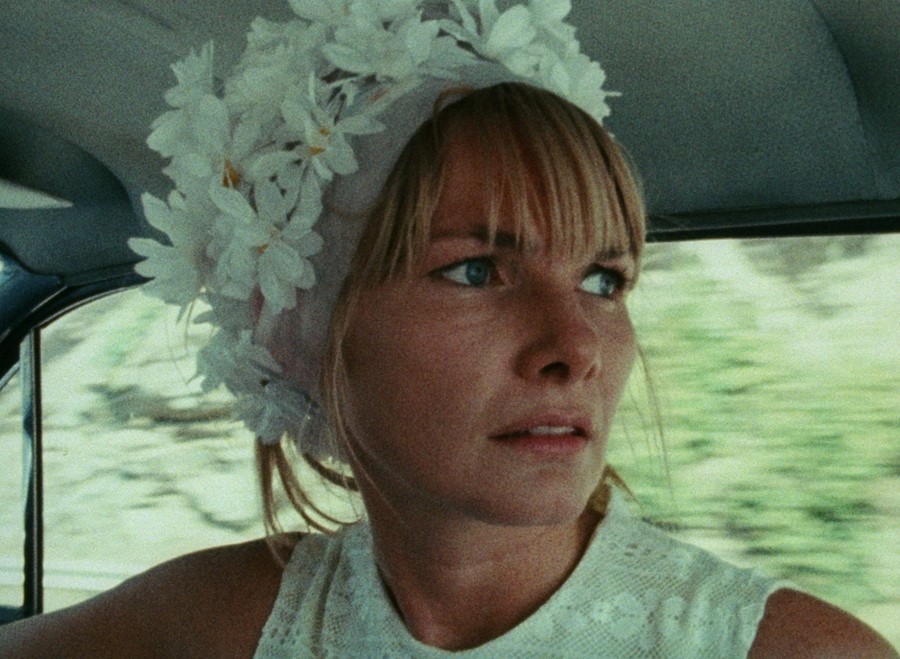John Waters called it the best ‘feel-bad’ movie of all time. As Wanda sees a limited re-release, Laura Havlin reflects on its resonance, 48 years on
There is a scene in Wanda (1970), the only film to have been written and directed by Barbara Loden, in which the protagonist Wanda (who Loden also plays) is told a few home truths by Mr Dennis – a man she man barely knows, but is on the run with. Parked up in the middle of nowhere, with nobody around besides wild dogs, Michael Higgins’ character (who has already killed a man and is now planning to rob a bank) loses his temper over Wanda’s inability to afford a hat. “If you don’t have anything, you’re nothing, you may as well be dead,” he says. “You’re not even a citizen of the United States.”
In this moment, Wanda’s status is crystallised. Already, viewers have witnessed our anti-hero as she surrenders custody of her children to her husband at a court hearing, admitting to the judge that he would do a better job. The worthlessness she has internalised is reinforced almost everywhere she goes: when she tries to get more sewing shifts in a local factory in rural Pennsylvania, she is refused – there is work, the manager tells her, but she’s just “too slow”.
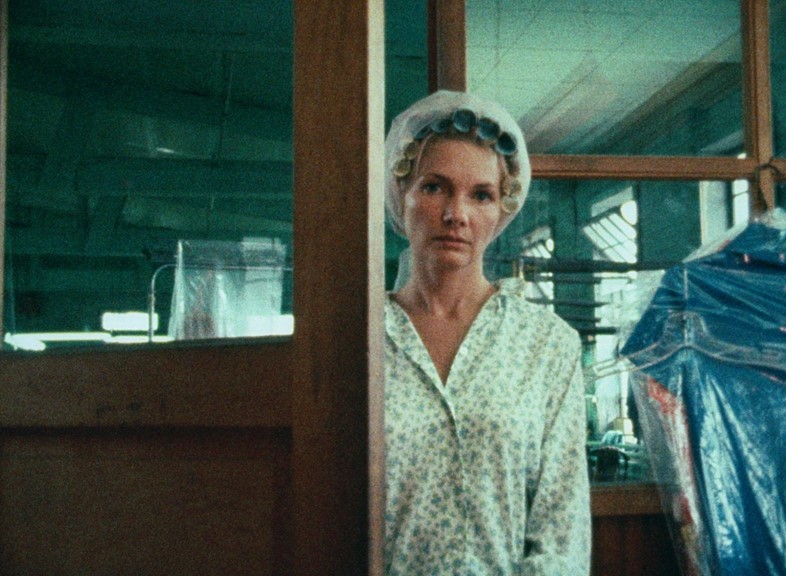
Later on, she finds herself wandering aimlessly around a shopping mall, peering into shop windows at mannequins wearing clothes she could never afford. They are posed with their arms aloft in gestures that mimic early Vogue fashion illustrations and their elegant postures have a WASPy air, giving the impression that they are looking down their noses at Wanda. She cannot afford a stake in the world they’re selling. With no money, as her circumstantial partner in crime points out, she barely registers as a citizen – and lacking the skills to get work in what is presumably her only option at the factory, she ends up attached to no-good men.
But this is no Bonnie & Clyde. Loden’s naturalistic style, created using handheld cameras and natural light, does not glamorise crime, romanticise abusive relationships or rely on stereotypes of poverty. This is a film about “a class of women known as floaters,” Elia Kazan, acclaimed director and producer – and Loden’s husband – said. “[They] float, like debris.” “I would not call it a love story,” Loden herself said, “It’s more a story of the lumpen, the poor drifters of the world who simply exist, leading totally pointless lives.” In a 1971 piece about Loden by the acerbic Los Angeles Times critic Rex Reed, the writer described the character of Wanda as “an ignorant slut”. In the same story, Loden calls her “an ordinary person”.
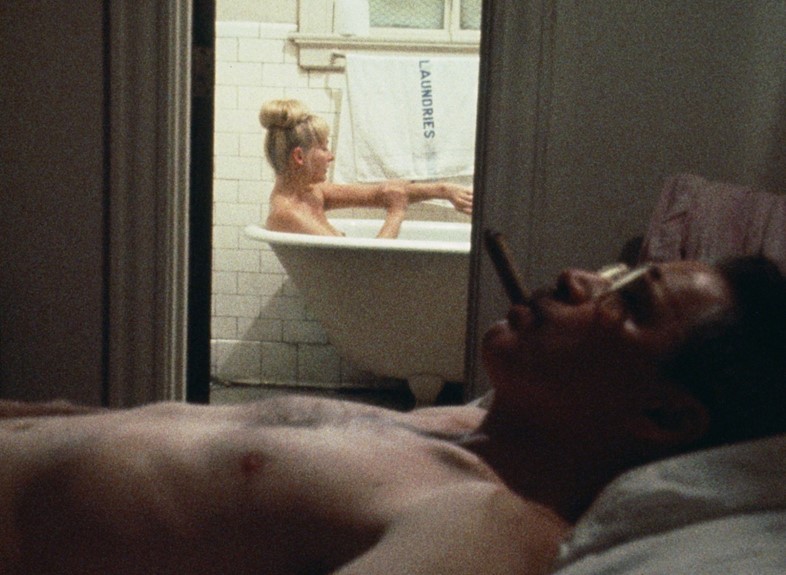
Barbara Loden was born on July 8, 1932 in rural North Carolina, and if as a pretty, ambitious young girl she hadn’t left aged 17 to pursue a career performing in New York, Loden felt that her life could have panned out very much like Wanda’s. “If I had stayed there, I would have got a job at Woolworths,” she has said, inviting comparisons between herself and the character she wrote. “I would have gotten married at 17, had some children and would have gotten drunk every Friday and Saturday night.”
Loden met Kazan when she was 25 and he 20 years her senior. At the time, he was going through what he’d later imply in his novel The Arrangement – a thinly veiled account of many of his own lived experiences – a mid-life crisis. The affair was on-and-off for years. The pair eventually married, but were estranged by the time of Loden’s untimely death from cancer, at the age of 48.
Throughout her career, Loden was witness to the ways in which men cashed in on their personal experiences for their art, often at the expense of the women in their lives. She won a Tony award for playing a character based on Marilyn Monroe in Arthur Miller’s play After the Fall; and her own husband’s The Arrangement also revealed intimate personal details about their relationship, albeit under the proviso of supposed fiction.
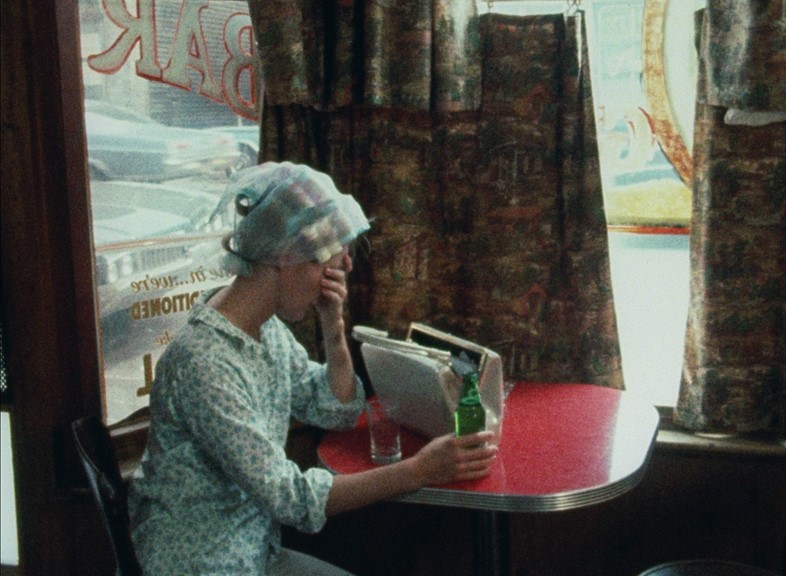
Wanda was made financially independently of Kazan, and was Loden’s story – a reading she very much encouraged. To the 1971 edition of the journal Maddison Women’s Media Collective, she said: “It’s like showing myself the way that I was.” Loden apparently got the idea for the film when she read a story about a woman sentenced to 20 years in prison for being the accomplice of a bank robbery – and then thanked the judge. “I was fascinated by the kind of girl who would be that passive and dumb,” she said.
Later, and notably after Loden’s death, Kazan claimed to have worked on the early screenplay himself. However, as Ross Lipman, who worked on the 2010 restoration of the film, tells AnOther: “I think most are agreed in considering it very much an ‘auteur’ work that expresses a vision uniquely belonging to Loden.”
French actress Isabelle Huppert, who has supported distribution of the restoration, has drawn comparisons between Wanda’s attachment to the male outlaw to Loden’s relationship to Kazan, and the movie business. “It was almost like the character could be a metaphor for her as an actress, or her as a filmmaker, being tied to the movie business and this man,” she told The New York Times.
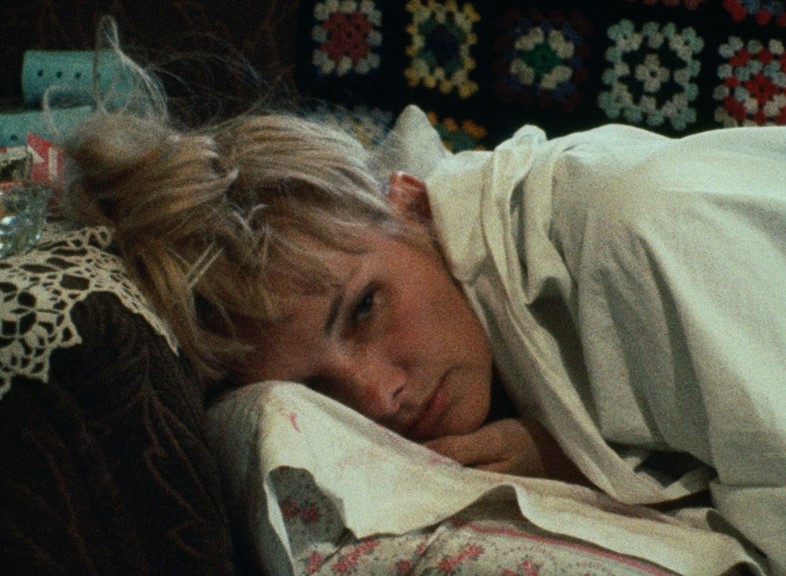
Wanda is, as cult filmmaker John Waters described it, one of the best “feel-bad moves ever”. We do not see our protagonist successfully make it on her own against the odds; she doesn’t triumph over the adversity she is faced with. This is not Erin Brockovich – there’s no redemptive Hollywood ending. In 1970, when Wanda won an award at the Venice Film Festival, this was groundbreaking, but even now stories about lower-class women that are not redemptive are, very often, independently made passion projects.
The Time’s Up Movement was officially launched at the beginning of 2018, with a mission to address the disparity in experience between wealthy successful actresses dealing with harassment, and that of women in lower social stratas. As it aims to support women who would otherwise not have access to money, power or lawyers to support them, it is important to ensure the experiences of women in this social class are also reflected on screen, even, and perhaps especially, if those stories do not involve them ‘escaping’ or ‘bettering themselves’ in some way. Their stories are affecting and worthwhile, filmmakers like Loden seem to suggest, without them needing to be moralising. And perhaps this is why it makes perfect sense that Wanda is re-released in selected cinemas this summer.
Wanda is being screened in selected US cinemas now.
